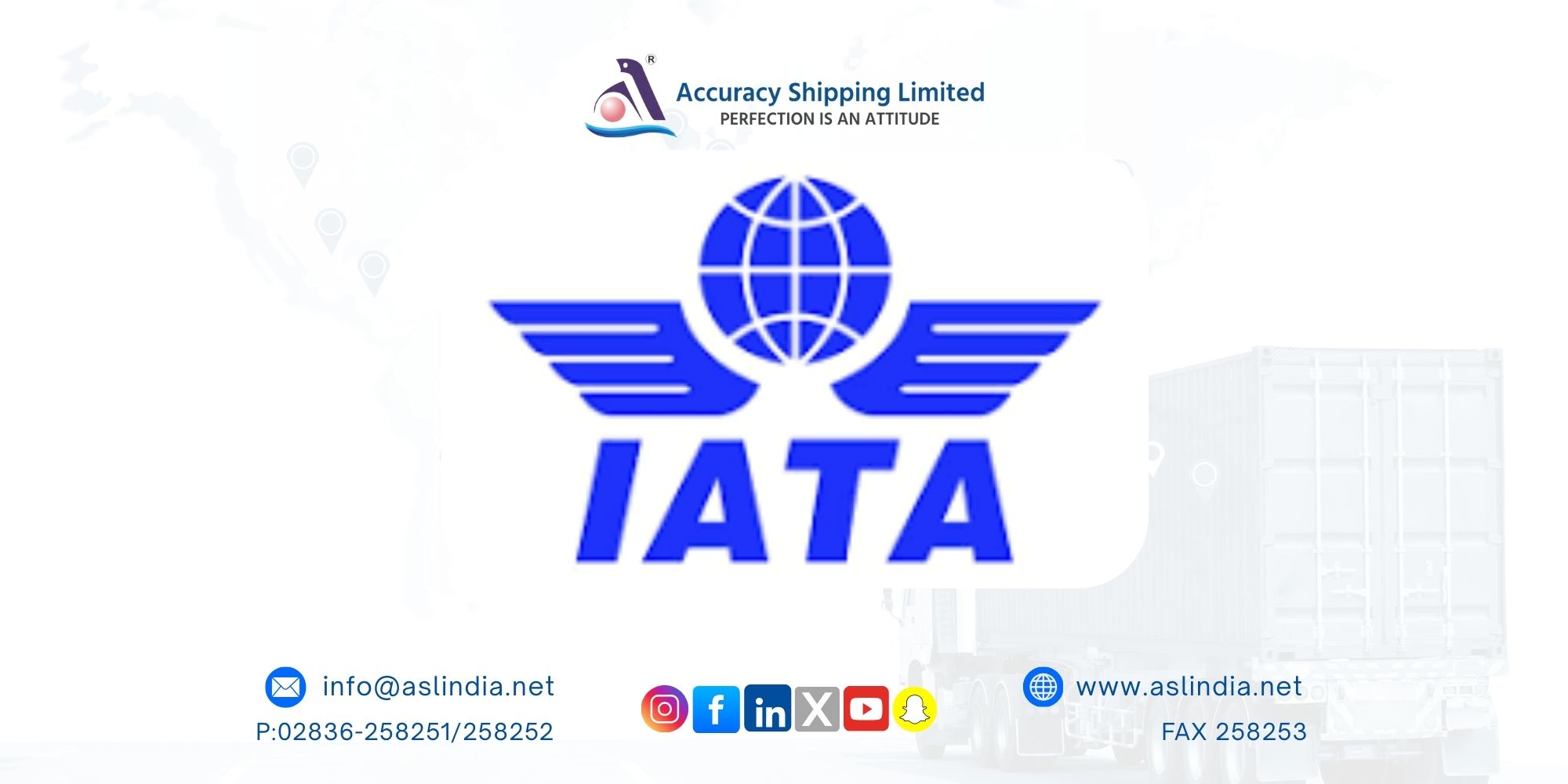IATA cities importance of air cargo in global supply chain resilience

At the opening of its 18th World Cargo Symposium (WCS) in Dubai, UAE, the International Air Transport Association (IATA) underscored the pivotal role of air cargo in strengthening global supply chain resilience. With a focus on safety, digitalization, and sustainability, IATA urged both governments and industry stakeholders to align efforts in meeting the evolving demands of global commerce.
Air Cargo: A Lifeline in Global Trade
Brendan Sullivan, IATA’s Global Head of Cargo, emphasized air cargo’s indispensable role in enabling international trade, powering e-commerce, and delivering humanitarian aid. He stated, “The value of air cargo has never been clearer. To meet customer expectations and navigate an increasingly complex environment, the air cargo industry must continuously strengthen safety and security, fast-track digitalization, and deliver on its sustainability commitments.”
Safety First: Addressing Lithium Battery Risks
Safety remains the cornerstone of air transport, especially concerning the increasing volume of lithium battery shipments. IATA called for a zero-tolerance policy for rogue shippers who mis-declare or conceal dangerous goods. Sullivan highlighted the need for stronger governmental oversight and enforcement, encouraging support for ICAO's efforts to enhance Annex 18 of the Chicago Convention to ensure the safe transport of hazardous materials.
Security Through Harmonized, Risk-Based Approaches
Following recent incidents involving incendiary devices in cargo, IATA stressed the importance of globally coordinated, risk-based security protocols. Sullivan criticized fragmented national responses and advocated for consistent measures grounded in international standards. Additionally, IATA urged governments to share real-time threat intelligence under Annex 17 obligations, ensuring a unified and informed response to potential risks.
Digital Transformation: Accelerating ONE Record Implementation
To boost efficiency, transparency, and compliance, IATA promoted the industry-wide adoption of ONE Record, a new standard for end-to-end digital data exchange. With 72% of global air waybill volume on track for implementation and widespread support from IT providers and freight forwarders, the aim is to make ONE Record the preferred data-sharing method by January 2026. IATA also called on regulators to recognize and support this shift within their frameworks.
Sustainability: Driving a Greener Future with SAF
Sustainability is a growing priority for the air cargo sector. Efforts to reduce waste, eliminate single-use plastics, and adopt circular practices are gaining momentum. A key focus remains the transition to Sustainable Aviation Fuel (SAF). The recent launch of the SAF Registry by CADO aims to build a global SAF market and speed up progress toward net-zero emissions by 2050.
However, SAF production volumes are still insufficient, and costs remain high. Sullivan criticized the lack of commitment from major fuel producers and aircraft manufacturers and urged governments to replicate policy models that have supported the growth of wind and solar energy. “Airlines are committed and determined but we cannot do it alone,” he asserted. “We need action behind the words of regulators, fuel suppliers and manufacturers.”
Trade and Prosperity: The Role of Air Cargo Amid Global Tensions
Despite rising trade tensions, IATA reaffirmed its belief that trade fuels global prosperity. Sullivan remarked, “Trade drives prosperity. The more the world trades, the better off we all are. So, whatever the resolution of current trade tensions is, we know that air cargo will be there to deliver the goods people need and want.”
Conclusion
As the air cargo industry continues to navigate complex global challenges, the insights shared at the World Cargo Symposium reinforce its critical role in safeguarding supply chain resilience. Through enhanced safety, stronger security frameworks, digital innovation, and sustainability, IATA envisions a future where air cargo remains a reliable and efficient lifeline for global trade.







